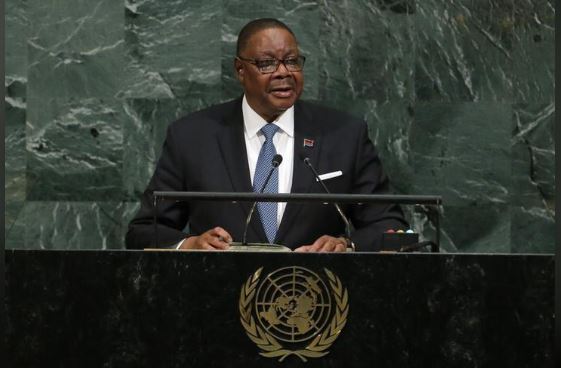Malawi’s economy will grow by as much as 6 percent in 2019 from a 4 percent expansion expected in 2018, President Peter Mutharika said on Friday, in remarks ahead of the presentation of the national budget in parliament.

Malawi, which is heavily reliant on financing from foreign donors, mostly Britain, other European Union countries and the United States, has restored economic stability after a period when the siphoning off of funds by government officials led to donors freezing budgetary support in 2013.
A former justice minister and scores of other government officials were convicted of complicity in the “Cashgate” scandal.
“It has taken us three years to turn around the economy from the devastation of Cashgate, and through national disasters of floods, drought and hunger,” Mutharika said.
Landlocked Malawi is a net importer of fuel and other essential commodities, mainly agricultural inputs and drugs.
Malawi, which is experiencing power rationing due to inadequate generation, aims to more than double power supply from the current 360 Megawatts (MW) to 1,000 MW by 2023, by diversifying from hydro electricity generation to coal, wind, solar and gas, Mutharika said.
Mutharika said Malawi planned to build an international airport along Lake Malawi, as part of ambitious plans to turn the country’s tourism industry into a major source of revenue.
Elections are due in Malawi in May 2019 and Mutharika has declared that he will seek a second term, despite recent criticism of his age. He will be 79 next year.
Editing by James Macharia and Toby Chopra

